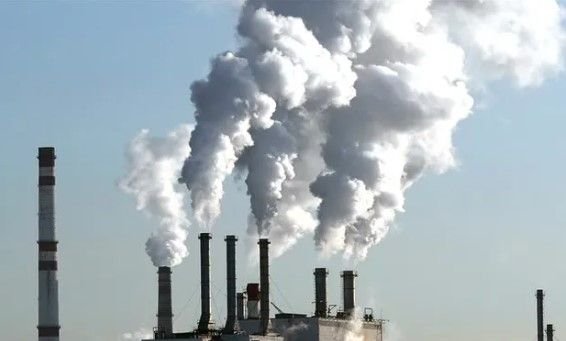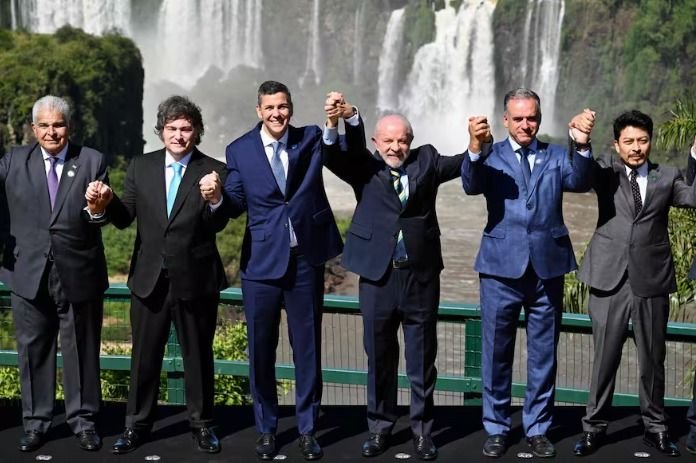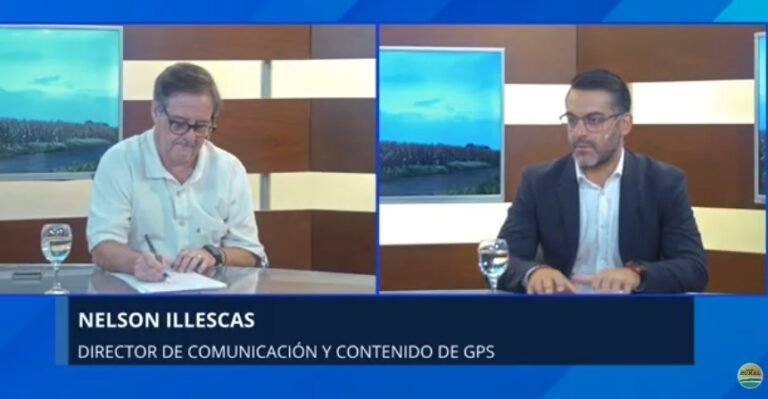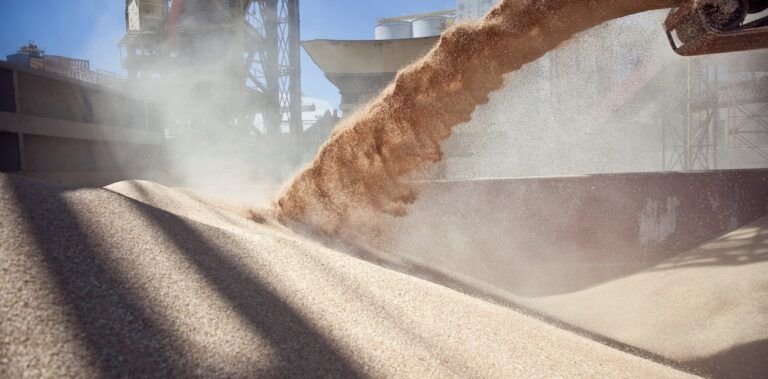"The next 25 years are the most important in the history of agriculture," was one of the keynote remarks at the Aapresid 2025 Congress.
On the first day of the Aapresid XXXIII Congress, with the support of Expoagro, representatives from agriculture, industry, science and public administration participated in a workshop to define the strategic positioning of the region at the next United Nations Conference on Climate Change (COP30), to be held in Brazil.
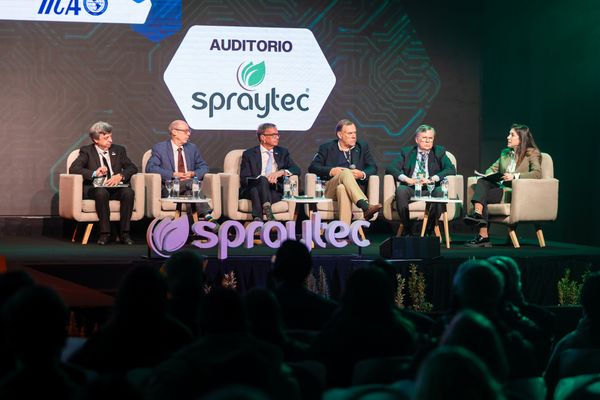
Marcelo Regúnaga, general coordinator of the Group of Southern Producer Countries (GPS), highlighted the need for a proactive stance because "agriculture is part of the solution: it captures carbon, sustains development, and provides food security." He added: "It's an opportunity we cannot pass up."
He also warned that "it is essential to be present at a forum like COP30 because the global private sector will be negotiating," he explained.
For his part, Daniel Trento do Nascimento, from the Brazilian Agricultural Research Company (EMBRAPA), recalled the challenge facing agriculture in the face of climate change, and mentioned as an example of success that “Brazil achieved a revolution in 30 years based on science, innovation and credit; Argentina can follow that path.”
From the Aaprender Institute, Marcelo Arriola called for taking an active role in constructing the discourse: “South America can sustainably supply the world with food, but if we're accused of polluting, we can't remain silent.”
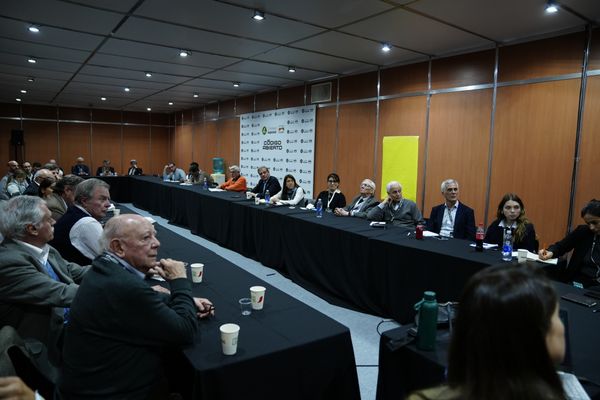
Agriculture, science, and politics debated Latin America's place in future agri-food systems.
In another panel held in the Spraytec auditorium at the La Rural de Palermo fairgrounds, international leaders in agriculture, science, and politics debated the place Latin America should occupy in the agri-food systems of the future. The key: a common narrative based on scientific evidence, diplomacy, and a strategic vision.
Manuel Otero, Director General of the Inter-American Institute for Cooperation on Agriculture (IICA), raised the need to consolidate a message from the Americas: "We are the guarantor of the planet's biodiversity and sustainability; we must communicate this forcefully at the international level." He also emphasized the importance of linking science, technology, and producers through active policies and public-private partnerships.
Jack Bobo, director of the Rothman Institute for Food Studies at the University of California, warned: "The next 25 years are the most important in history for agriculture; we must produce more and better without depleting resources." He noted that by 2050, the world's population will begin to stabilize, opening a critical window to ensure food security without compromising sustainability.
Kip Tom, former U.S. ambassador to the FAO and current vice president for rural policy at the American First Policy Institute, emphasized: “Food security is national security; nations that don't develop their agriculture are destined to fall into crisis.”
Walter Baethgen, a researcher at Columbia University, asserted that Latin America is the world's largest agricultural exporter and projects 25% growth over the next decade. However, he cautioned: "We must use our resources sustainably; the current narrative was written by others; it's time we define our agenda with diplomacy and scientific evidence."
For Baethgen, the contrast is clear: “74% of greenhouse gases come from burning fossil fuels, while agriculture generates 11.6%, and yet we're still the ones targeted.”
READ THE ARTICLE FROM Agrofy News
